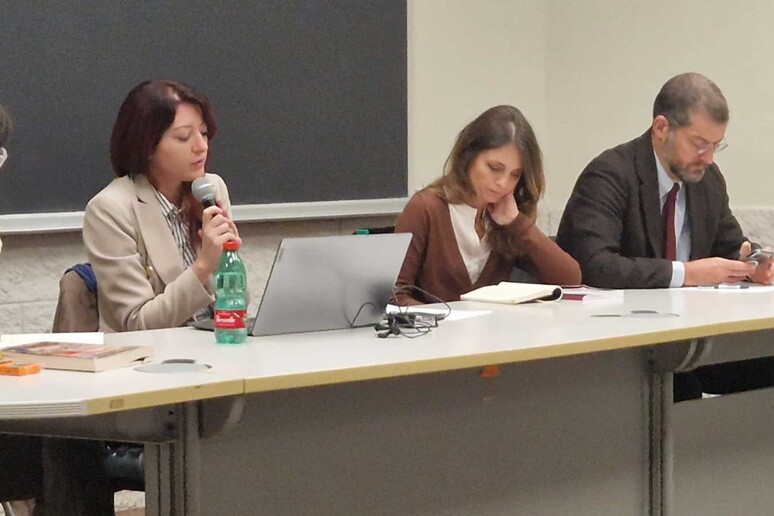Now that in Poland Donald Tusk,
former president of the European Council, aspires to form a
liberal, pro-European government, the Visegrad group is reviving
the dilemma between the populist and liberal perspectives. Of
the challenges to Western liberalism and how Europe has changed
since the beginning of the Russo-Ukrainian war speaks about
'Putin's Europe,' a research work that deals with Putin's
propaganda and the instruments of its dissemination in Europe:
the volume will be presented in Warsaw on November 28.
The project was carried out by a team of European scholars
(Polish, Austrian, Russian, Portuguese, Italian, Ukrainian)
coordinated by the European Liberal Forum (Brussels) in
cooperation with, among others, Projekt Polska (Warsaw),
Friedrich Naumann (Berlin) and Fondazione Luigi Einaudi (Italy).
Also among the authors of the volume is researcher Renata
Gravina, who devotes a chapter to an examination of how
anti-liberal propaganda was declined in the 20-year Putin era
and who points out how, conversely, a specifically Russian
liberal tradition occupied a prominent place in the history of
the empire.
To the origin of Russian liberalism the author has dedicated
a historical essay, 'Freedom out of Russia' (Nuova Cultura),
presented yesterday at the Tor Vergata University of Rome, as
part of the newly established Center for Contemporary Russian
Studies (CESARC). The center, coordinated by historian Andrea
Romano, aims once again to understand and make people understand
contemporary Russia. But the idea is, also, to fuel a debate
that can analyze Russia's authoritarian drifts and nurture
interest in the affairs and destinies of democratic Russia.
According to Gravina, "the contradictory vicissitude of the
history of Russian freedom finds countless points of contact
with the theoretical parabola of Putinism, which, particularly
in its first terms, drew heavily from the ideology of
conservative liberalism." Knowing Russia's liberal history and
connecting it with current events appears, for the researcher,
as "one of the tools for investigating the difficulties and
possible liberal prospects for the future of the whole of
Europe."
ALL RIGHTS RESERVED © Copyright ANSA





